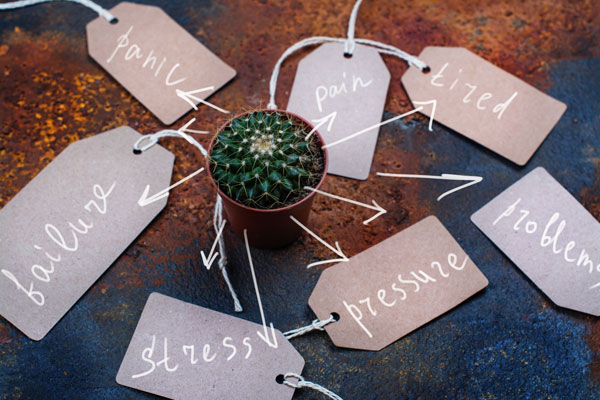
A lack of sleep can have a negative impact on our mood and overall health, so it’s important we create a comfortable and tranquil environment to get the right type of sleep and enough of it. Sleep supports the healthy function of our brain and helps maintain a healthy body, as well as being part of the growth and development process for children and young people.
Our brains are responsible for the changes in our mood and neurotransmitters carry messages between brain cells, making us feel or think. These neurotransmitters are also responsible for our sleep regulation.
Why is sleep important?
You will more than likely know from experience that a terrible night’s sleep leads to you feeling cranky the next day. You may be irritable, short tempered and find it difficult to concentrate on day-to-day tasks. This can cause issues in many areas of life from relationships to your work, so if your sleeplessness is on-going, it can become a real worry.
Sleep deficiency can also have a big impact on your body making health problems such as heart disease pose a higher risk. Sleeplessness is also closely linked with mental health conditions such as anxiety, depression, and stress and can also raise the risk of developing these mood disorders.
How can your mood affect your sleep?
We know a lack of sleep can affect our mood, but what about our mood impacting on our sleep? You might think going to bed happy and excited will be the ingredient to a great night’s sleep, but it can cause your brain to work overtime if you are in a state of extreme happiness. Allow yourself to relax and your mood to mellow before you sleep.
If you go to bed stressed or anxious, the body produces a neurotransmitter, which increases heart rate and blood pressure, making it difficult for your body to truly relax. Drinking a soothing night time tea or using a lavender spritz will help reduce feeling of anxiety and improve sleep.
How to get a good night’s sleep
Here are some tips to help you improve your sleep:
- Keep to a routine of going to bed and waking up at the same time each day
- Don’t take your mobile phone to bed and avoid tablets and TVs
- Avoid drinking caffeine in the evening
- Make your bedroom as comfortable as possible with warm lighting
- Take deep breaths or try simple meditation
If you’re still struggling to sleep and suffering as a consequence, speak to your GP who can discuss a range of different treatments. There is also a great range of online support and advice such as the British Sleep Society and NHS choices to find help and support.
Here at The Headboard Workshop, your sleep is important to us, which is why we create beds and headboards to the highest quality to provide you with a bed that offers comfort and tranquillity, allowing you to relax and get the best night’s sleep you possibly can. If you would like to discuss the beds we offer, please get in touch!


























 Facebook
Facebook Pinterest
Pinterest Twitter
Twitter
